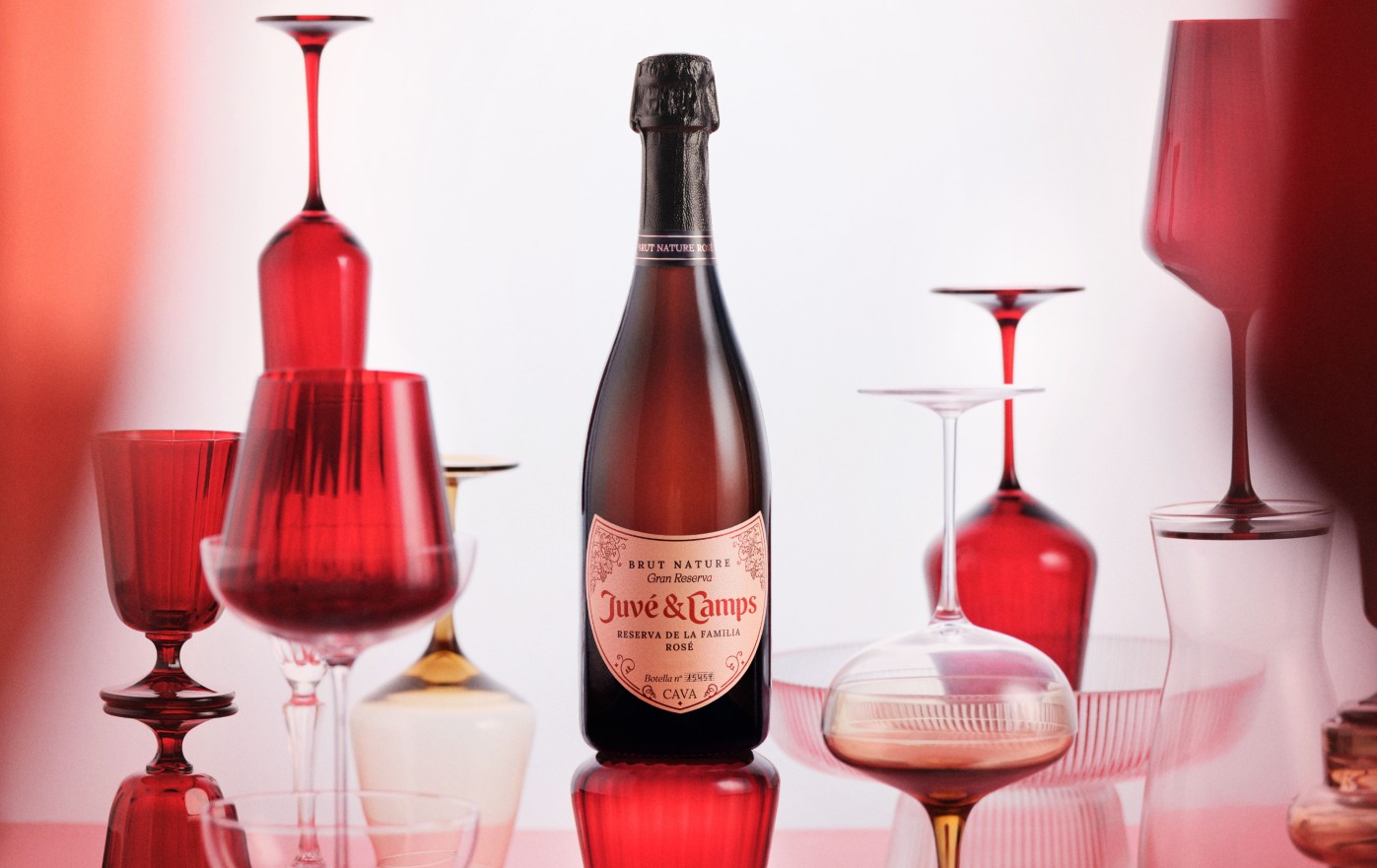What’s in a name? The pitfalls of picking a brand for your brew
Effective branding is fundamental to the success of any business and for craft brewers and distillers it is crucial: both to ensure that their tipple stands out in an increasingly popular and competitive market and to defend it from potential rivals keen to free-ride on the success of those who best capture the drinker’s imagination.
With hundreds of up-and-coming new businesses looking for a distinctive name with historical resonance, and established players keen to protect their niche from the newcomers, the sector has seen a number of brand disputes end up in court in recent months, both in the UK and the USA. These cases serve to underscore the legal pitfalls facing drinks producers, who must tread carefully when creating new – or seeking to revive old – brands.
Of course, if you have invested in building a brand, and are building up a loyal following, the last thing you want is for a similar-sounding new rival to start encroaching on your market – so effective brand protection is important, even for relatively small or new brands. Additionally, Scotch whisky producers must adhere to the Scotch Whisky Regulations 2009, which govern and protect Scotch whisky. There is also EU legislation regarding the composition, labelling and advertising of alcoholic drinks, and other territories have similar laws.
Potential pitfalls can lead to court
In selecting a name and style for your product, it is important to ensure you do not inadvertently infringe another business’ brand. This can be a particular issue in two scenarios: where a business expands into overseas markets, and where a business launches a new product with a new name, i.e. a sub-brand. To avoid this, it is vital to carry out ‘clearance searches’ before settling on a name for your business and any new product.
The risk of inadvertent infringement in overseas markets is a particular issue for craft brewers. Craft brewing has become very popular in the USA, and it was recently reported there are over 4,600 breweries. As each is likely to be producing a number of different named beers, many on certain themes, the potential for infringement is significant because of the sheer number of brand names already in use. For UK businesses exporting to the US for the first time, it is important to ensure that such searches are carried out before you launch your products into what should be a very exciting market – but can also be a litigious one.
Closer to home, a recent dispute highlights the issues that can be caused by sub-brands. London-based Camden Town Brewery raised infringement proceedings in the High Court in 2014 against Norfolk-based Redwell. Redwell had launched a product called ‘Redwell Hells Lager’. Camden Town considered this infringed the unregistered trade mark rights it held in its own ‘Hells Lager’.
Redwell argued that they were using the name based on the German word ‘hell’ or ‘helles’, meaning light lagers. Ultimately, an out of court agreement was reached, in terms of which Redwell agreed to stop using the ‘Hells’ sub-brand.
In carrying out clearance searches, it is also important to consider the brands of companies in other similar industry sectors. For example, there was a recent dispute between Origin Wines and Whyte & MacKay, in relation to the Jura sub-brand Jura Origin. Ultimately, the court found in favour of Whyte & MacKay, but the first instance decision went the way of Origin Wines.
Protecting your brand
Of course, once you have found a suitable name for your beer or dram, you will want to ensure no-one else comes along with a competing brand that will confuse your loyal drinkers. Many forms of intellectual property (IP) protection are available for brands: businesses can apply for registered trade marks to safeguard their name and logo, as well as product packaging and even the shape of products in suitable cases. Trade marks are territorial, and it is good practice to develop a filing strategy that ensures your business is covered in the key territories in which you sell your products. It is possible to apply for a trade mark up to five years before you begin using it, so this can help secure exclusive rights in advance.
Partner Content
Registered designs – as well as unregistered design right – can also be used to protect packaging designs, such as bottle shapes and labels. In addition, copyright protects packaging artwork. Obtaining and enforcing suitable IP rights is a key part of any branding strategy and helps ensure that your brand stays distinctive.
Scotch Whisky Regulations 2009
There are stringent rules around Scotch whisky, which place further restrictions on the choice of product names and branding for those who wish to benefit from the worldwide reputation that Scotch enjoys. The aim of the Regulations is to protect Scotch Whisky as a distinctive product, and to ensure that consumers are not misled about the provenance of the products.
The Regulations set out the limited circumstances in which a drink may be marketed as Scotch Whisky, and also establish special rules in respect of the categories of Scotch whisky such as ‘Single Malt Scotch Whisky’ and ‘blended grain Scotch Whisky’. There are further restrictions on brand names.
Take for example Eden Mills’ reported plans to use ‘Eden Mills’ as the brand name for its soon-to-be-introduced blended Scotch. It is likely that this move would contravene the Regulations, which makes it illegal to use a distillery name as a brand name for Scotch whisky which has not been wholly distilled at that distillery. The distillery owner has criticised the Regulations as being overly strict, because it prevents them using their main brand for their blended Scotch. This highlights the need for careful consideration of the long-term brand strategy when ultimately you intend to produce both blended and single malt Scotch Whisky.
No room for errors
Branding is a key part of the value of any drinks business. Advance planning, including carrying out clearance searches in key markets, is therefore key to ensuring drinks firms avoid costly and time-consuming disputes. A proper planning process should ensure that you select brand names that are truly distinctive and help set your products apart from the crowd.
For whisky distillers, the Regulations must also be taken into account, and ultimately it benefits all to invest in the power of Scotch whisky branding to protect its value. Cases like that of Eden Mills also highlight the need to comply with labelling and advertising regulations, both at home and in all of the territories to which your products are exported.
Susan Snedden is a director in the IP & Technology team of Maclay Murray & Spens LLP and a member of the firm’s Food & Drink team. www.mms.co.uk




